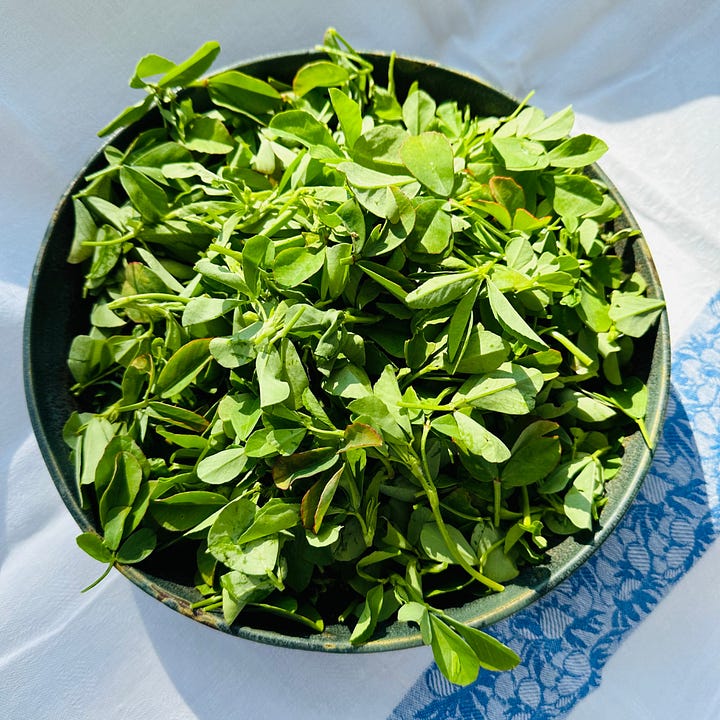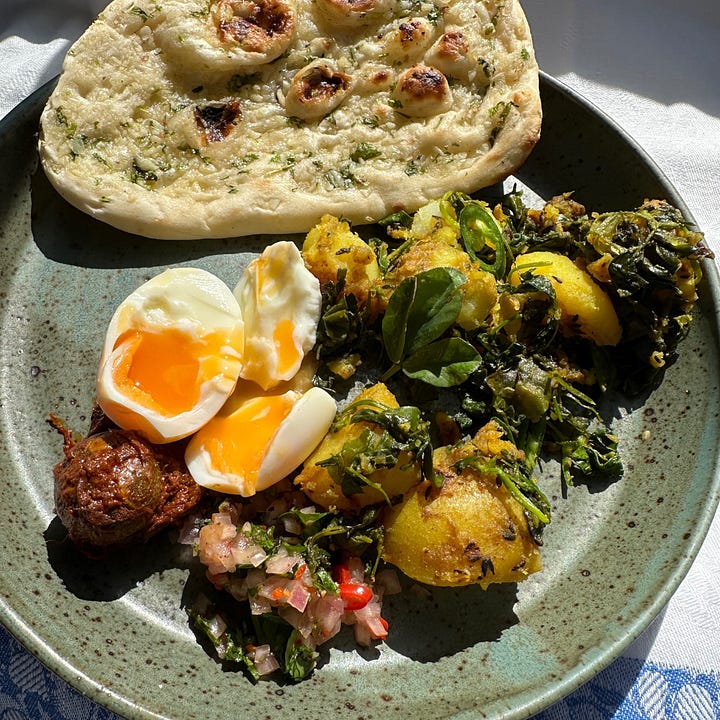I’m just wondering how common it is in today’s environment of ever intruding dietary trends and influences, for people to listen to their bodies and variations in our seasonal needs. In clinic I am always talking about this with patients, yet I generally steer away from naturopathic talk with friends. By this last weekend I was talking with a dear friend on the phone whilst she was having a short break in Sydney, and mentioned she was looking forward to the Sunday roast where she was staying. She went on to talk about how she had noticed she was ravenous these last weeks, craving hearty meals, which was a shift for her. I noticed a slow and gentle movement inwards as she described what she planned for her mini break. She was hunkering down with herself, craving hearty food and rest, a time for being still as our life force is in winter.


Years ago, as I adapted to my first winter in London working permanent nights as an RN, rarely seeing daylight during the working week, I was gifted some wise advice from an older friend. Find yourself a tree she said, one you’ll see daily, one you walk past in the cold, then get to know it well. Watch it as you cautiously navigate the icy pavements, with the ridiculously freezing slaps of wind rushing up your legs and into your soul. Feel the stillness and silence as the winter creeps on and keep observing although it is starting to look dead. Then one day in the heart of winter, you’ll notice signs of life emerging, long, long before the snow and freezing mornings pass. These little buds of spring in the darkest days of winter, inspire hope of the renewal which has already begun. This wise woman has left this world long ago, but her wise words endure in me, and on my lips as I live each winter in still awareness. So, I share some of this with my friend and we talk about the richness of getting older, being the elder of families now, needing a time of stillness after young parties and looking forward to a slow Sunday roast and time for reflection. Feeling the gratitude of lifelong enduring friendships, where we notice shifts in each other, for we have passed so many winters as friends.


I’m not much of a roast girl, unless someone else is cooking it, then I’m all in for the roast potatoes and gravy, and it had better be good gravy. Come the first day of winter I start thinking about aloo methi, a Punjabi dish of soft potatoes coated in a gentle spice and stir fried ever so carefully with fresh fenugreek leaves. These leaves only grow in winter, for a few short weeks, so they must be seized with delight, that their season has come. This dish and its variations will be on rotation for the next month, so stay tuned for the methi fest. Next weekend I might make methi paratha, now that is next level delicious.


Aloo Methi – Potato and Fenugreek leaf stir fry
Serves 4-6
Ingredients
4 Cups Potatoes – steamed
3-4 Tbs Mustard oil or ghee or coconut or olive oil
1 ½ Tbs Cumin Seeds
6-8 Garlic cloves
4 cm Ginger – julienned
1-2 Green chilli – finely sliced
1 Tsp Turmeric – ground
1 Tsp Salt or to taste
1/8 Tsp Asafoetida
½ Tsp Garam masala or Chat masala
6 Cups Methi – Fresh Fenugreek Leaves
Reserve a few fresh sprigs of methi and some green chilli to use as a garnish.
Method
Wash and cut your potatoes into big chunks approximately 4 cm, then steam them until tender but not over cooked. Alternatively, you can use raw potatoes, but the cooking time of the dish will be longer. I like to use cooked potatoes as they absorb the flavours nicely, you just must take care with tossing, to keep the integrity of the potato.
Wash the methi well, dry and pick off the leaves
Now for the oil, if you don’t have any mustard seed oil, you can use one of the other substitutes I’ve suggested above. But this would be a good time to buy some mustard seed oil, as it really does set the flavour of this dish. You’ll find it as Indian grocery stores, as it is used extensively in Punjabi cuisine.
Add the oil to a hot wok, or wide-open pan, with plenty of room for the potatoes. Roll the oil around the wok allowing it to get hot, as this reduces the bitterness of the mustard oil. Then remove the wok from the heat whilst you add the cumin seeds to prevent burning and follow in with the sliced garlic and chilli and julienned ginger. Lower the heat to moderate and sauté the spices to activate them. After a couple of minutes once the garlic in turning golden, add the turmeric and salt and continue to sauté for another minute.
Then add the potatoes and gently toss to cover them with the spice mix. Sauté for a good 5 minutes, turning a few times, until you are starting to see some brown crusty edges on the potatoes.
At this stage throw in the methi leaves and gently toss to combine. Sauté turning a few times until the leaves are well wilted but not over cooked. You are aiming for about 4-5 minutes.
Remove from the heat as soon as it is done and serve into a wide-open bowl, so the potatoes don’t steam in their own heat.
Serve either straight away or at room temperature with garlic roti, or rice and prepare to crave this dish every winter from now on.
Note – I doubt you will find methi in a regular supermarket, you would need to go to an Indian grocer or local farmer’s market. You could try growing methi for yourself, just be sure to soak the fenugreek seeds for a day, then place into germination mix and keep out of the wind in winter sunlight. Germination takes 3 to 5 days and harvest at around 4 weeks.








An everyday conversation with a friend and such depth of thoughts and pairing with early memories. Lovely to read, evocative and thought provoking on the layers in our mind if we allow ourselves to time to delve.